
Solidarity and social commitment not only in times of Corona - Carolin Lauffenburger and Giulia Consiglio take us with them
Carolin Lauffenburger and Giulia Consiglio – two young women from Berlin who share not only a wonderful friendship, but also their shared work and diverse projects. In this interview, they talk about their social commitment, take us behind the scenes, and share their daily lives during the coronavirus crisis.
Carolin Lauffenburger and Giulia Consiglio both work in the media industry and have been socially engaged for many years. Given current events, they are particularly committed to raising public awareness of domestic violence and fighting it. Not only that, but the two also provide on-site support, as the current situation allows. They take us along and provide insights into their first encounters with social projects and share their own experiences. They also talk about the role their professional careers play in this and their visions for the future.

1. Dear Carolin, dear Giulia, we're looking forward to an interview with you and are curious to hear your stories. Would you like to introduce yourselves first and reveal where you've known each other and how long?
Giulia: My name is Giulia Consiglio and I'm 30 years old. In 2012, I moved to the capital to study, where I've lived ever since and work as a freelance fashion stylist and manager. My clients include prominent TV and film personalities, as well as regular productions and influencers. Outside of work, I'm also involved in various social projects. Sustainability and the conscious use of our limited resources have become an important part of my work and my own approach to life, especially through my studies.
Carolin: My name is Carolin Lauffenburger, I'm 27 years old, live in Berlin, and work as a model, Instagrammer, and photographer. Giulia and I found each other indirectly through our shared passion for fashion.
We met through photographer Grayson Lauffenburger, my husband, during Fashion Week in January 2018. Since then, we've not only been good friends privately, but have also completed many projects and productions together.
2. Due to current events, you've been asking yourselves, "WHAT IF HOME IS NO LONGER A SAFE PLACE?" Especially during the coronavirus crisis, women and their children are more likely to be affected by domestic violence. That's why you're currently involved with Frauenzimmer eV, a non-profit organization that offers shelter and support to women and their children affected by domestic violence. How did the idea come about, and what have you achieved so far?
The coronavirus pandemic has once again shown us how privileged we truly are. The drastic measures to contain the COVID-19 virus present everyone with different challenges. Knowing that there are people who are particularly hard hit by the coronavirus crisis was the impetus for our actions. When we heard about the increase in domestic violence against women and children, although this was still not being discussed publicly enough, we immediately agreed that we wanted to offer our support to these women and children. Important to us was the opportunity for direct contact with the responsible coordinators and a local organization in one of our two districts. After initial research, we quickly came across Frauenzimmer eV . The effects of the coronavirus pandemic are unevenly distributed and hit women and their children in emergency shelters particularly hard. The organization responded very gratefully to our email and the associated offer of support. Since then, we have been in close contact with the organization and have had the opportunity to learn firsthand what the women and children are lacking during this difficult time. Right at the beginning, we launched a donation link and published it in our Instagram posts.
Thanks to the generous support of other volunteers and partners, we have already been able to provide the women and their children with essential products, hygiene items, children's clothing, and your hand-sewn mara mea face masks . However, there is still a shortage of laptops and computers to enable school-age children to access online schooling. As a result, the children are currently at risk of falling behind and falling further behind in their previous learning progress.

We're particularly pleased that more is slowly happening at the political level. The recently launched poster campaign against domestic violence, "Stronger than Violence," launched by the Federal Ministry for Family Affairs, Senior Citizens, Women, Youth (BMFSFJ), is very important in this regard. We know that many women don't have the opportunity to contact facilities and emergency numbers, such as the BIG Hotline, without being observed. The poster campaign, which is already supported by many supermarkets, gives those affected an alternative way to draw attention to themselves and the threatening situation. Furthermore, the campaign raises awareness of the taboo subject of domestic violence in society.
3. You've often supported good projects. Online, you can find insights into topics like the German Reading Prize, the Björn Schulz Foundation, etc. How did you come up with your projects? Is there anything in particular that you focus on? Which projects are particularly close to your heart?
Giulia: When I was 10, I learned about a little girl's old age illness, "Progeria Syndrome," on a TV fundraising gala, which had a lasting impact on me. I immediately wanted to help. On behalf of my mother, I donated my small allowance. This was truly the beginning of my social commitment and the desire to help the "weaker" in our society. It's especially important to me to be able to contribute myself, no matter the extent, but above all to know where my donations go. While I was studying in Berlin, the opportunity arose to contact the Björn Schulz Foundation 's children's hospice. I must admit, I cried when I was given the first tour of the facility. But then I saw the unconditional warmth and joy of life with which the nurses and volunteers cared for the children. I knew immediately that my support was in exactly the right hands. Together with an ambassador, we organized a Christmas reading, which has since become an annual tradition. Because of my job in the public sector and the contacts that come with it, we are often invited to charity events, such as Tribute to Bambi . Being made aware of projects and being able to support them is particularly important to me in this context. Since last year I have also been supporting the Stiftung Lesen and its annual nationwide Read Aloud Day. In this context I also attended the German Reading Prize ceremony for the first time and was very impressed by all the creative and fantastic ideas on how to make reading accessible and interesting for everyone. At the same time I was shocked by the current figures on how many children and young people cannot read and write properly. Equally shocking were the study results which show that a third of all parents do not read to their children.

Carolin: My first contact with charity came last year through the Tribute to Bambi. I was deeply touched by the people who are so selfless and creative in tackling social problems. That's when I felt I wanted to get involved and use my reach for a good cause. Our current project is particularly close to my heart because I found myself in a similar situation a few years ago and, unfortunately, know several women who are affected. Many of them appear strong on the outside but suffer in silence because society still asks, "Why didn't you leave?" In doing so, we forget to hold the perpetrators accountable. Added to this are emotional manipulation, dependency relationships, and fear of the reaction of the abusive partner in the event of a separation, especially when children are involved.

4. Giulia, your Instagram channel also mentions gender equality. Are these topics a focus for you?
I'm not an active feminist, but I've been following this important issue of equal rights for women and men in society for years. This is another reason why I support Edition F, for example—I think what the two founders have achieved, including the Female Future Force Day, is fantastic. Personally, I'm always happy when I work in teams that place great value on equality and value the work of men and women equally.
Unfortunately, this cannot be taken for granted. The current crisis is serving us existing inequalities on a silver platter: women are increasingly exposed to domestic violence, and they are primarily shouldering the double burden of homeschooling and childcare when daycare centers and schools are closed. At the same time, it is predominantly women who work in systemically important sectors and are keeping things running. It's hard to believe that these are also the chronically underpaid jobs. Hopefully, we are now becoming aware of this! The coronavirus pandemic could contribute to a broader perception in politics and society of what women do every day. I hope that this new perspective will lead to greater appreciation for the systemically important paid and unpaid work of women. In the world of work, this should also be reflected in better salaries – applause alone is not enough.
5. Carolin , you work full-time as a model and now also work behind the camera yourself. Do you have a vision you want to express with your images, both in front of and behind the camera?
For me, it's important to showcase female beauty and strength in all its facets. For far too long, the media has presented us with a very limited image of women and ideals of beauty. The time is ripe for 'democratization' and representation for all women. We should finally be perceived as independent individuals and not as a projection screen for stigmas, role models, or fantasies.
More and more women are now working in the creative industry and I personally love creating synergies and working in all-female teams, as this allows every woman to freely incorporate her own femininity into her work.

6. Giulia , you are a fashion stylist, consultant, and fashion manager with family roots in Italy. Do you notice significant interpersonal differences in your daily work? What does that mean to you?
I don't think it's easy to generalize. There are, of course, big differences even within different countries. What I do notice, however, is that the level of cordiality and mutual support, as well as the appreciation that goes with it, varies in some areas. In Italy, family and social interaction are very important. This can sometimes give the impression that Italians find it easier to help and show solidarity with one another. I notice this in my interactions with project partners or during productions. In Germany, project partners are often more focused and determined; in Italy, they are more temperamental and passionate. I try to bring a balance of the two into my daily work – clear structure and a sense of responsibility paired with a certain lightness.
I love working with so many different creative and inspiring partners and clients. This gives me the opportunity to meet a variety of people from different industries and cultures, to exchange ideas with them, and to learn from each other.

7. You've worked together before. How did your projects come about, and are you already planning something new? Do you perhaps even have visions you'd like to share with us?
Carolin: From the moment we met, it quickly became clear to us that we would work closely together. Giulia's experience as a stylist and manager gave her many contacts in the fashion industry. Complemented by my work as a model and Instagrammer, we were able to build a broad network right from the start. Since then, we've been organizing regular photo shoots and working closely together to produce content for our partners. This year, in addition to our existing partners, we want to focus particularly on sustainable labels and companies with a non-profit background. We're currently working on jointly developing our ideas and concepts. Giulia is already in contact with several major event organizers, and I'm in contact with international magazines.
Giulia: In addition to the question of my vision: " I want to be able to say one day that I've created and left a lasting legacy. My dream is not only to have my own small production company, but also to establish a non-profit organization. What exactly that will look like is still being developed."

8. Now you both have creative professions and live in Berlin. How do you feel about living and working in the capital during the current #socialdistancing period caused by COVID-19? To what extent is your work and creativity restricted by the "new everyday life"? And how are you dealing with it?
Carolin: I've now gotten used to the new pace. At first, the slowdown felt more like a screeching halt, as I'm usually on the road every week for work. I actually draw my inspiration from my travels, the impressions I gather, and the interactions with other creatives. I'm missing that terribly at the moment. However, I'm trying to see the current situation as an opportunity to initiate new projects. This crisis has also presented an opportunity to devote myself to matters close to my heart and thus offer my support to people in need.
Giulia: It was actually a big adjustment for me at the beginning, too. However, I have the feeling that people are getting closer again, at least mentally, despite social distancing, and I must honestly admit that I'm actually enjoying the slower pace at the moment. For example, I'm talking on the phone with business partners much more often and for longer periods, and I'm receiving more and more letters and postcards. Seeing that people are increasingly friendly towards each other and the great aid projects being launched underscores this perception. For example, I've started devoting myself to a creative task every week. The result: a self-embroidered table runner and macramé are finished. Our shared passion project, Frauenzimmer eV, has been part of my daily routine for six weeks now. But of course, my professional life is also very limited at the moment. I've always worked from home, but the opportunity to work from a café is no longer available. Events are canceled, and so are commissions and collaborations. But I'm currently intensively working on new projects and ideas – also together with Carolin. Everyday life on the set of a production has also changed due to the consideration of the protective measures recommended by the RKI.
9. Finally, do you have a mantra you live by or a piece of wisdom you'd like to share with others?
Giulia: Live with respect for yourself and for others —for nature, for living beings, but above all for my fellow human beings—with respect. This attitude and the associated core values always accompany me. Looking and listening are essential—because only if we are mindful and walk through the world with open eyes can we help!
to hate
is an easy lazy thing
but to love
takes strength
everyone has
but not all are
willing to practice
-Rupi Kanur
Carolin: I've often seen how much a smile or a small act of kindness can change a person's life. Therefore, I always try to treat my fellow human beings with empathy and helpfulness.
'Unexpected Kindness is the most powerful, least costly, and most underrated agent of human change.'
-Bob Kerrey

Dear Carolin, dear Giulia – thank you so much for the open, serious and interesting interview on the many important topics.
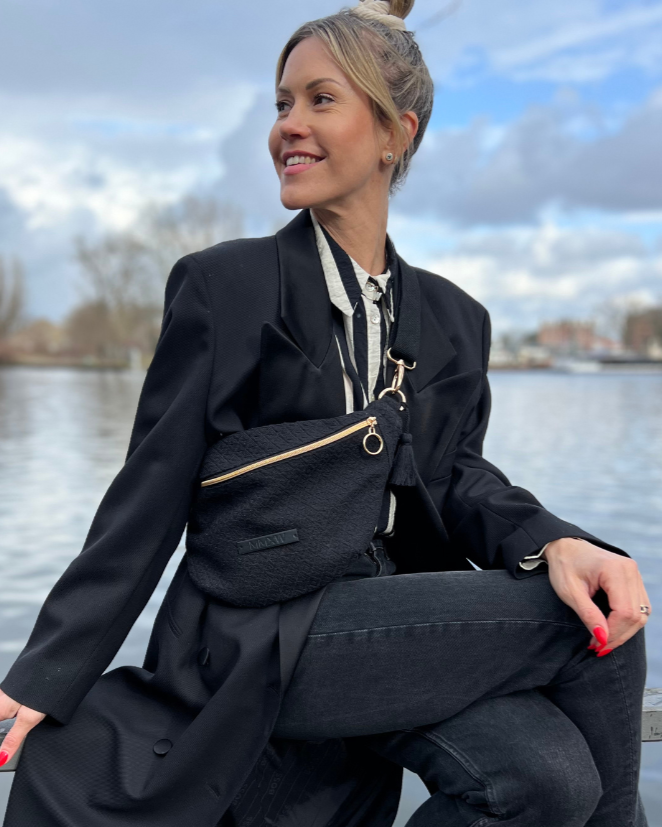
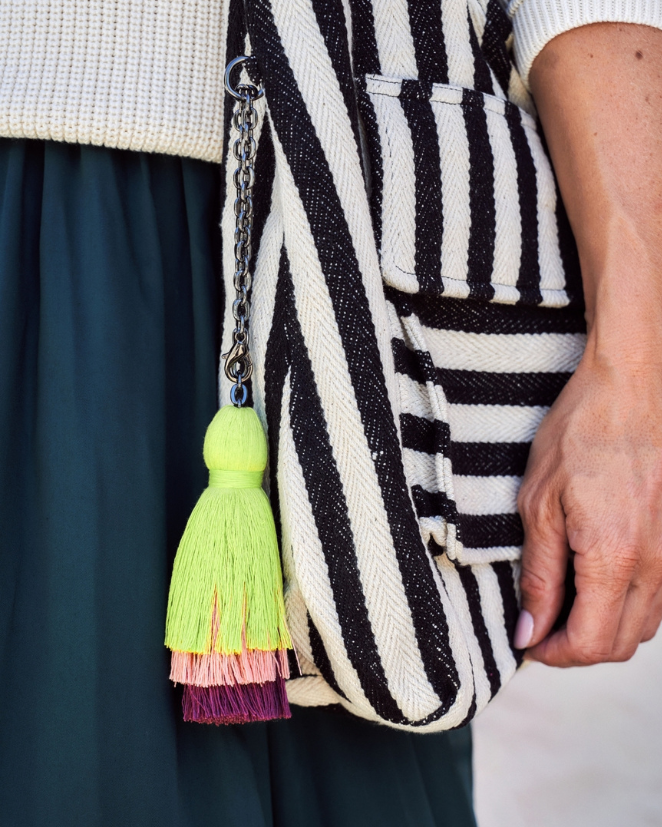
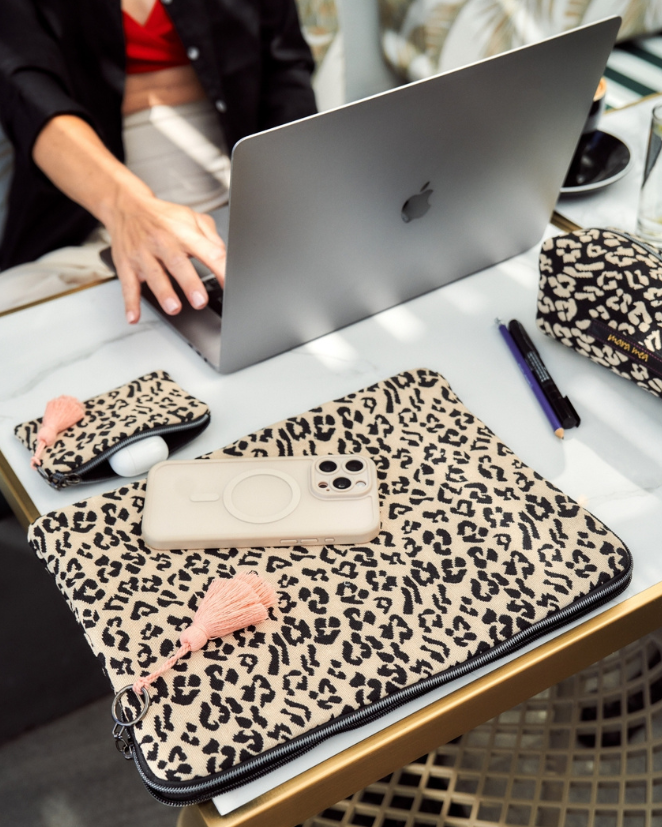
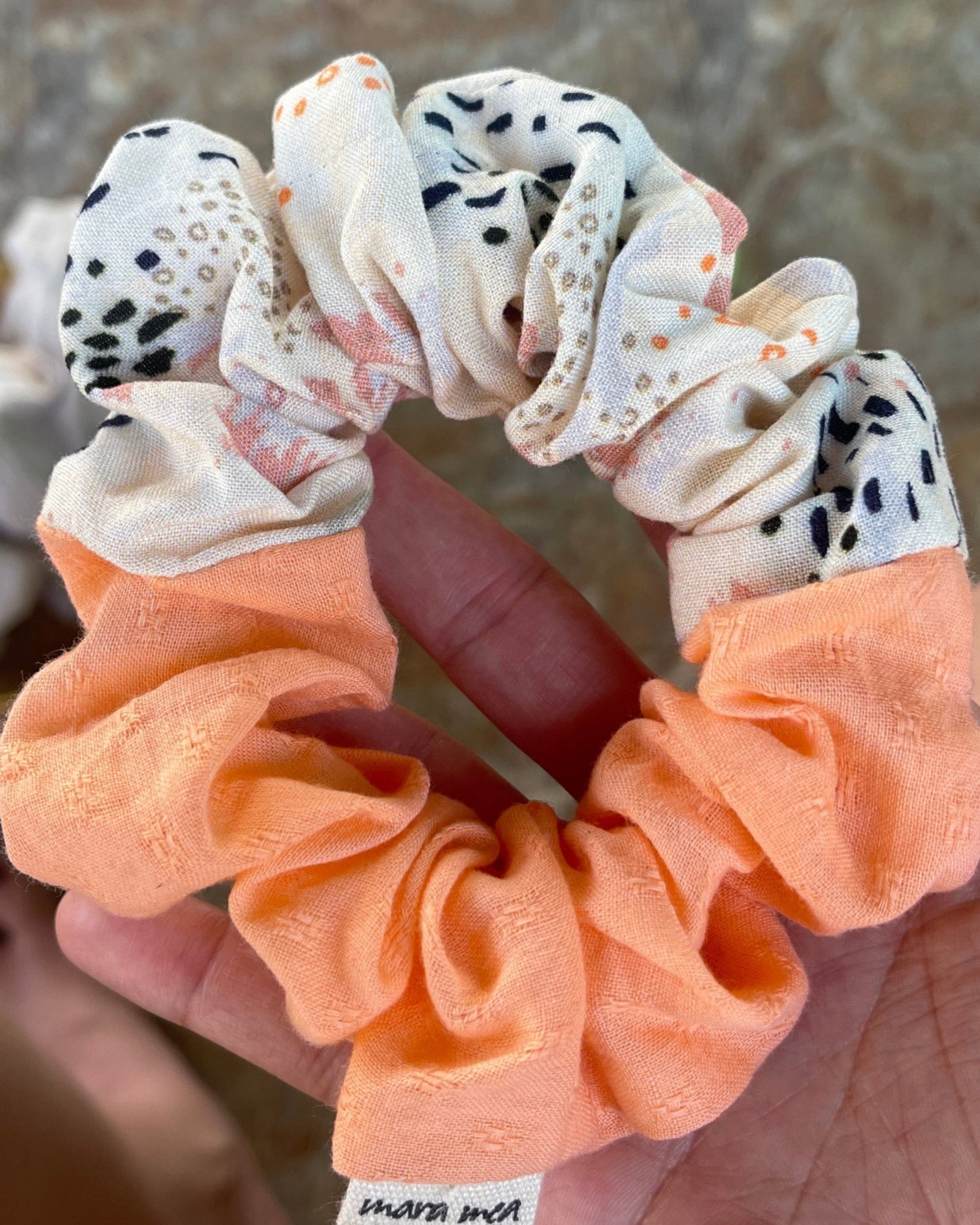
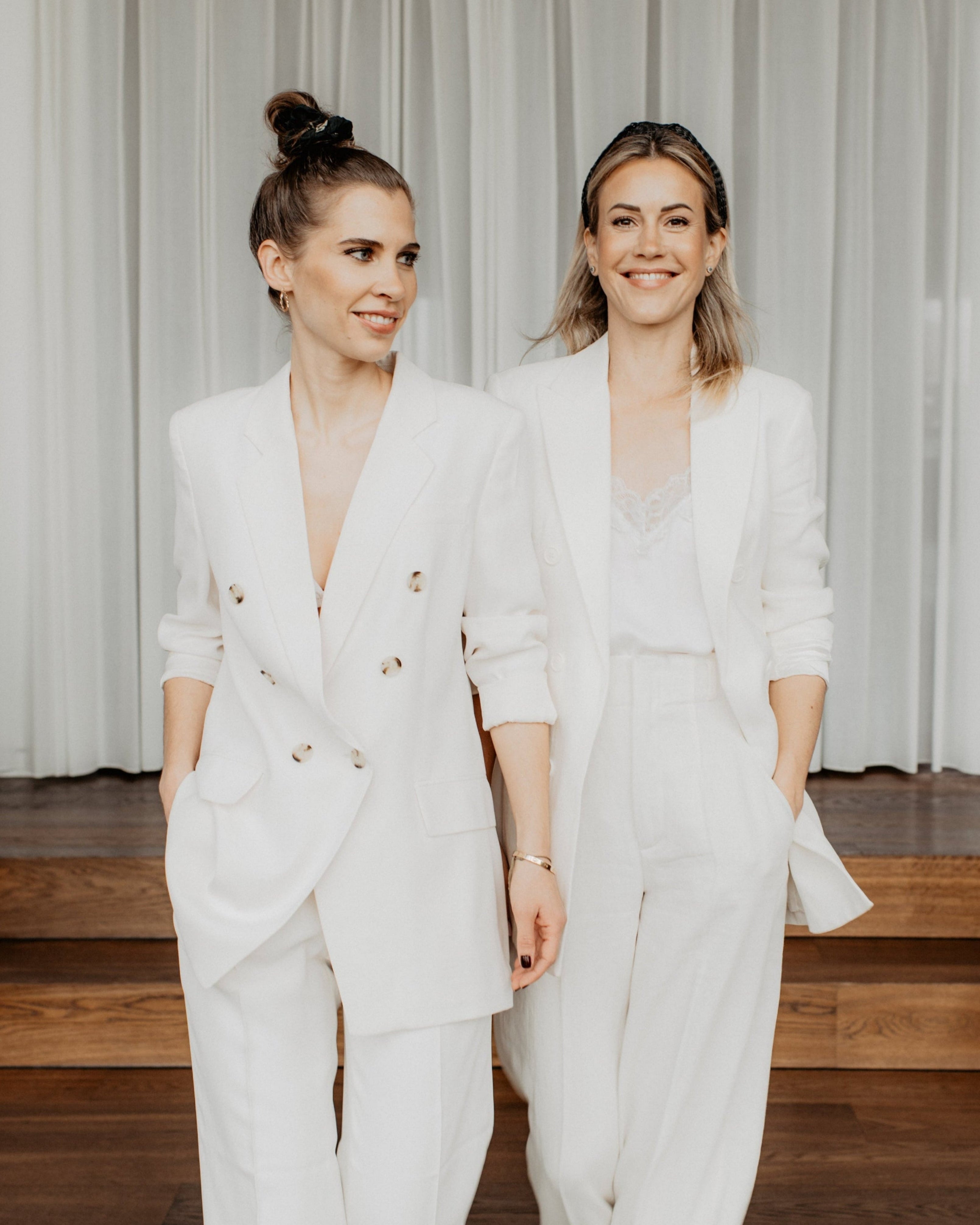
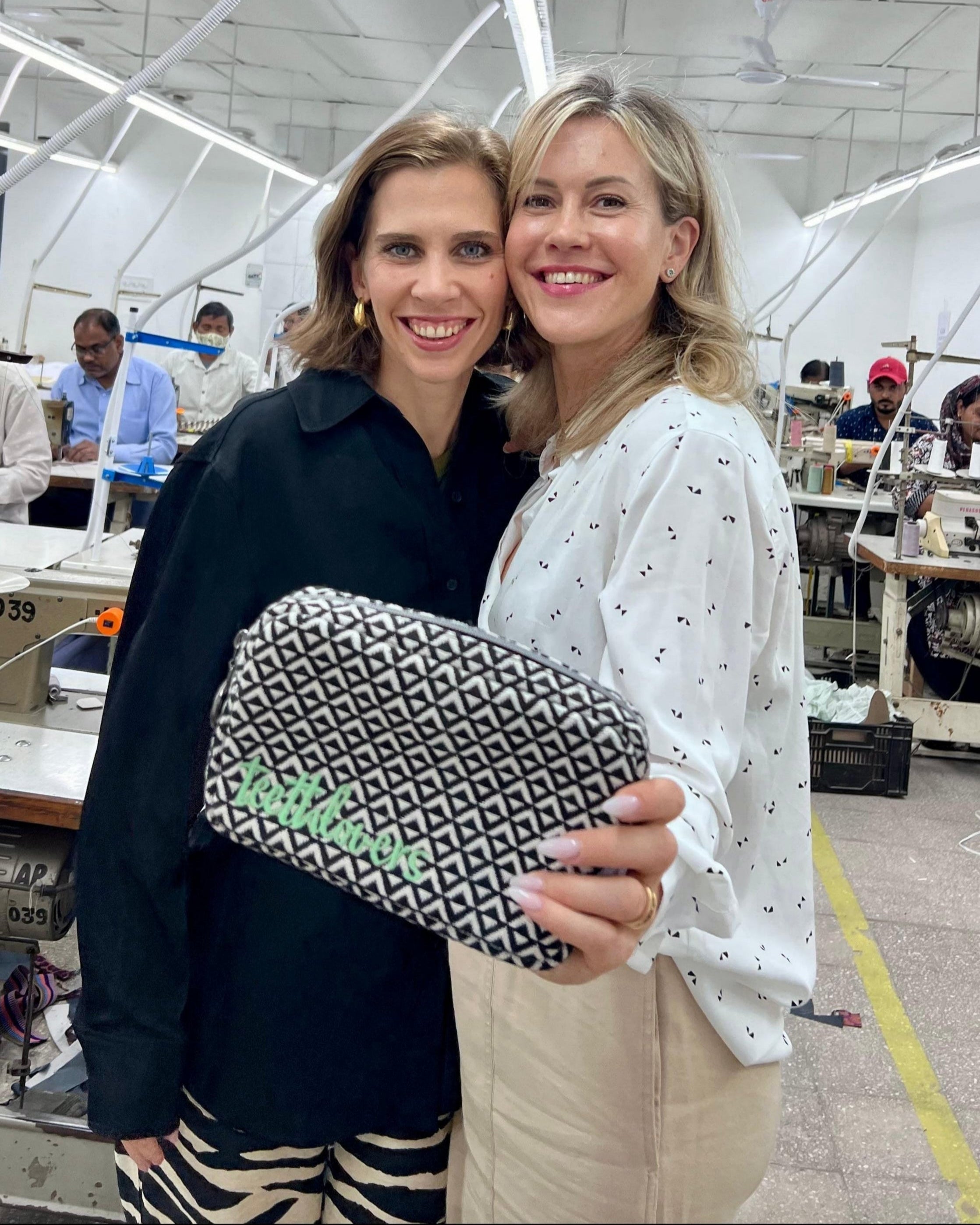
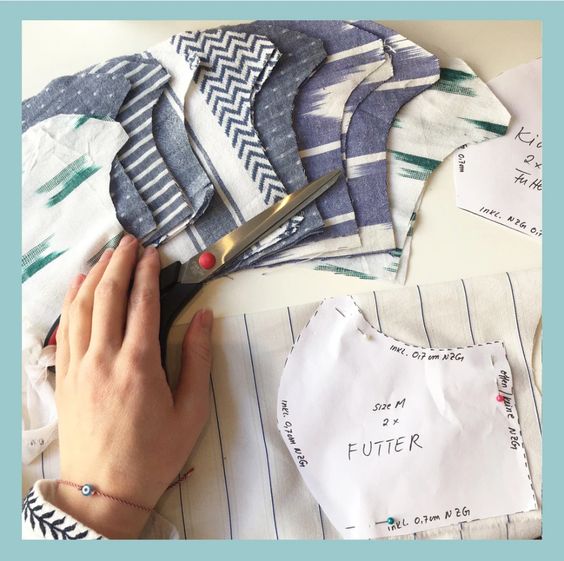
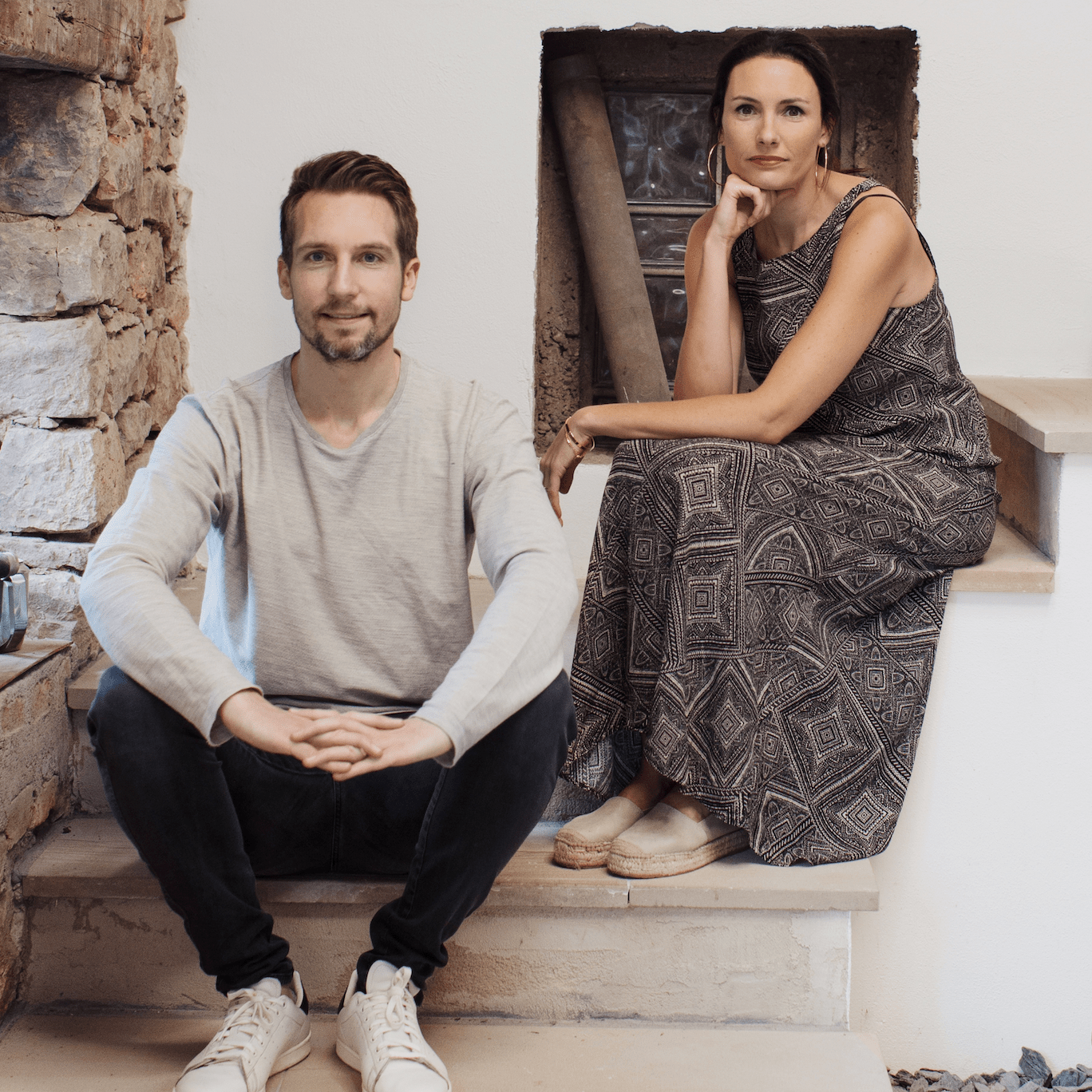
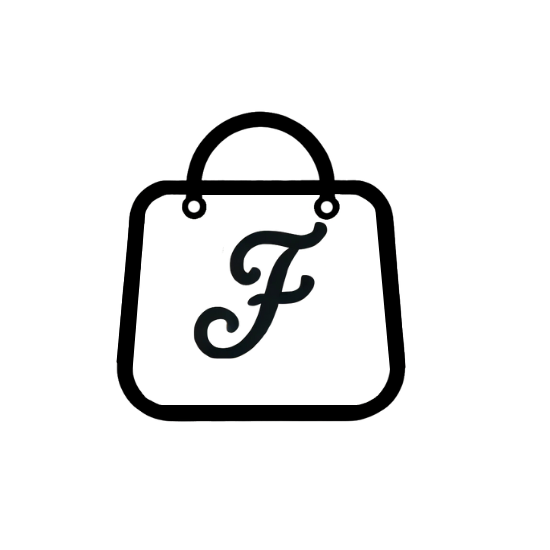
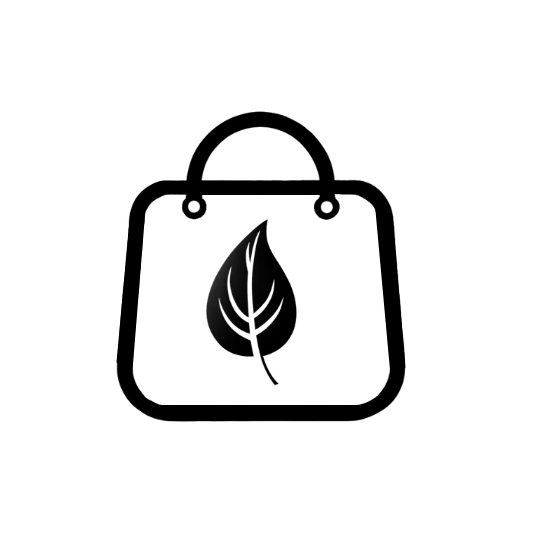
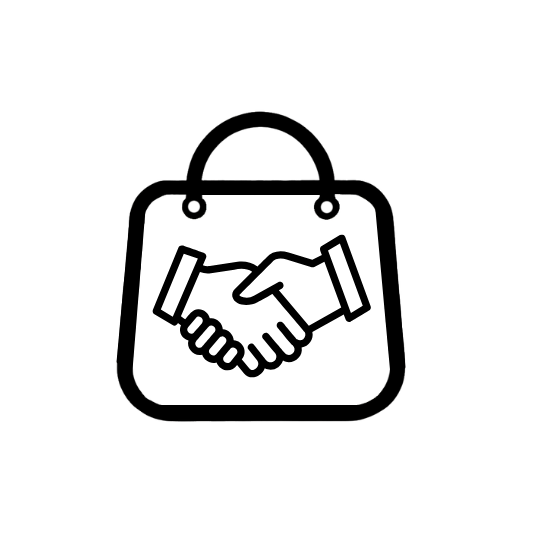
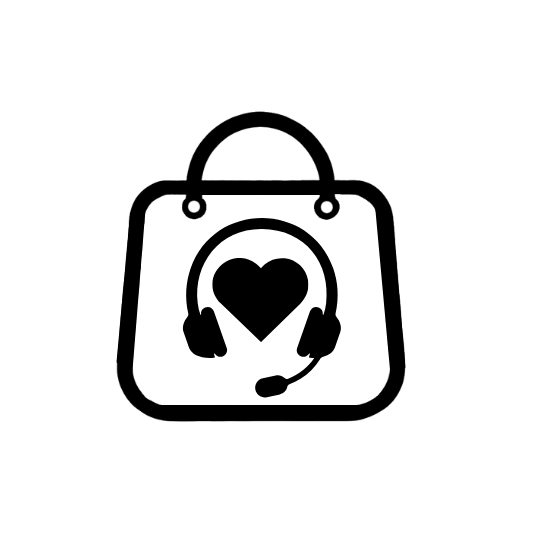
Leave a comment
This site is protected by hCaptcha and the hCaptcha Privacy Policy and Terms of Service apply.